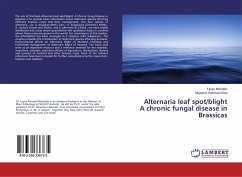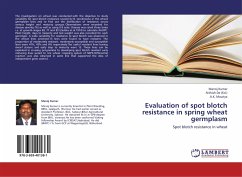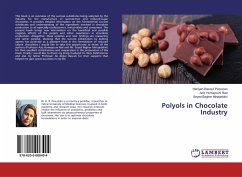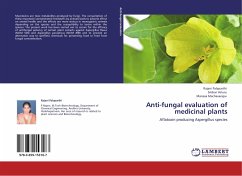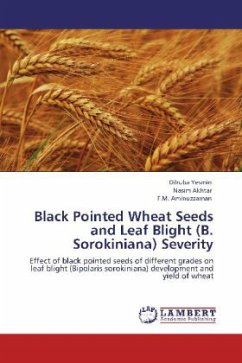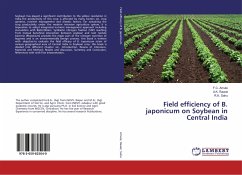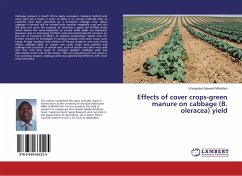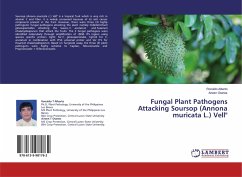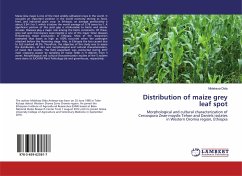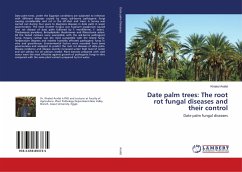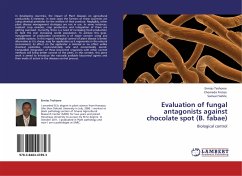
Evaluation of fungal antagonists against chocolate spot (B. fabae)
Biological control
Versandkostenfrei!
Versandfertig in 6-10 Tagen
32,99 €
inkl. MwSt.

PAYBACK Punkte
16 °P sammeln!
In developing countries, the impact of Plant diseases on agricultural productivity is immense. In most cases the farmers of these countries are using chemical pesticides for the welfare of their produce. Negligibly, other plant disease management strategies are not in use. In some instances, resistant crop varieties, crop production and integration of them are getting exercised. Currently, there is a need of increasing food production to feed the ever increasing world population. To achieve this goal, management of production constraints is of major concern using any available options. In this...
In developing countries, the impact of Plant diseases on agricultural productivity is immense. In most cases the farmers of these countries are using chemical pesticides for the welfare of their produce. Negligibly, other plant disease management strategies are not in use. In some instances, resistant crop varieties, crop production and integration of them are getting exercised. Currently, there is a need of increasing food production to feed the ever increasing world population. To achieve this goal, management of production constraints is of major concern using any available options. In this regard, biological control of plant disease is better alternative as it is cheap, easy for application as it regenerate in the natural environment, its effect on the applicator is minimal or no effect unlike chemical pesticides, environmentally safe and economically sound. Compatible integration of these biocontrol organisms with other control methods will bring better control of the pests.In this context, this piece work is aimed to introduce the naturally available biocontrol agents and their mode of action in the diseases control process.



